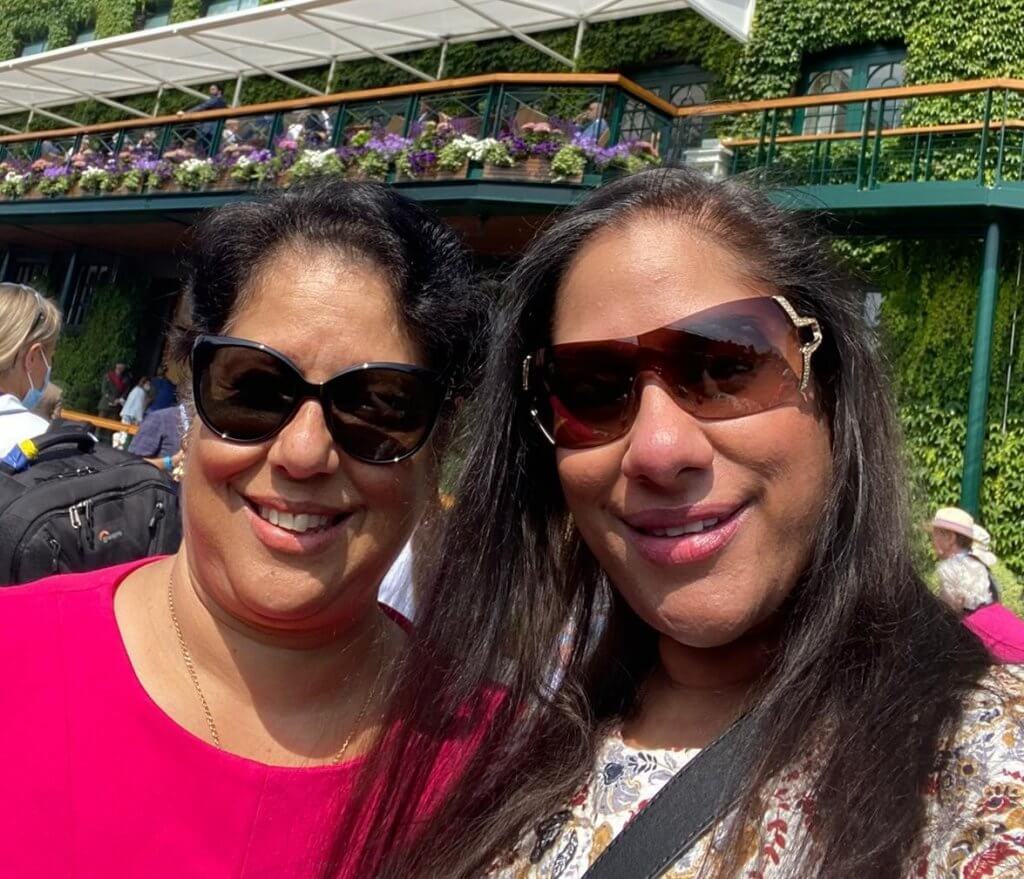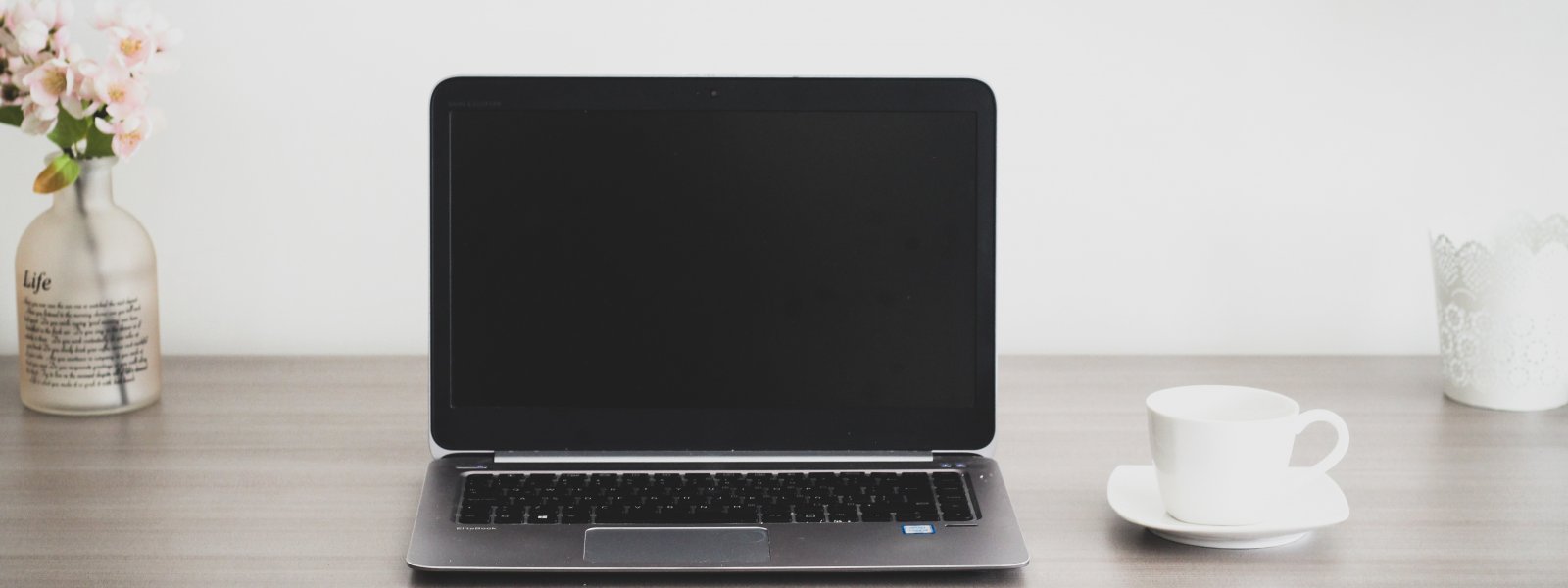Salina’s story
Salina Issory lives in London and was diagnosed with idiopathic PAH in October 2017. She took a career break while she adjusted to intravenous medication and is now back doing what she loves. Here, the 36-year-old talks through the difficult decisions and what led her to make them.
“A lot of my job as a project manager for London Overground (part of Transport for London) was desk-based, but some of it involved site visits to stations, many of which didn’t have lifts.
When I first started struggling with the stairs there, and getting breathless just going about my day, I put it down to being unfit and hit the gym harder.
But as the months went on my symptoms got worse and eventually, I was admitted to A&E and diagnosed with PAH.

I was managing to keep working up until that point, but it was getting more and more difficult. I was put on oral medication and went back to work, on reduced hours.
My employers were really flexible and supportive, but my condition started to worsen, and I was told I would probably have to start intravenous (IV) medication.
I did my research, and after reading about the possible side effects I realised I wouldn’t be able to continue working. In anticipation, I handed in my three months’ notice, expecting to go onto the line towards the end of that time.
But before I could complete my notice I was admitted to A&E and put onto IV straight away. I never went back to my job.
Giving up work was probably one of the hardest decisions I have ever made because at 32, I was thriving in my career. I loved every day and all the challenges that came with them. I had great colleagues and I was always thinking about the next step on the ladder.
My mum and brother, who I was living with, helped me come to the decision. And I knew it was the right one when I started experiencing the side effects from the medication. I was ill with them for about a year and there was no way I could have worked, even from home.
I had savings, and the support of my family, and I went onto Universal Credit. But I had to majorly cut down on my social life – which is expensive in London – and without my savings I know I would have lost my car.
After a year, when the side effects started to settle down, I decided it was the right time to start looking for work again. I had worked since I was 17, and everyone around me was working, so it was an uncomfortable feeling to be unemployed. Work is what I do, and who I am.
I’d lost part of who I was, and I needed to get back to work for the routine and my sanity as much as the income.
My specialist centre supported my decision and I started actively looking for work again in mid-2019.
I decided to go for roles a step down from what I did before, to make it easier to readjust. And when my work coach (through Universal Credit) suggested looking for civil service positions, because they are accommodating to disabilities, that’s what I focused on.
I applied for lots of vacancies but only had three interviews over the period of two years. I do think the gap in my CV went against me, even though I included a section explaining the circumstances. I added that my condition was now stable, and that I was eager and able to get back into work again.
It all worked out in the end, as I’ve now just secured a position as a full-time assistant project manager, on the basis that I can drop down to part-time if it’s too much.
It’s important not to give up hope, but also to listen to your body. It’s been a gruelling few years with difficult work decisions, but because of my friends, family, and the great support from my medical team, I was able to push through every day.”
















